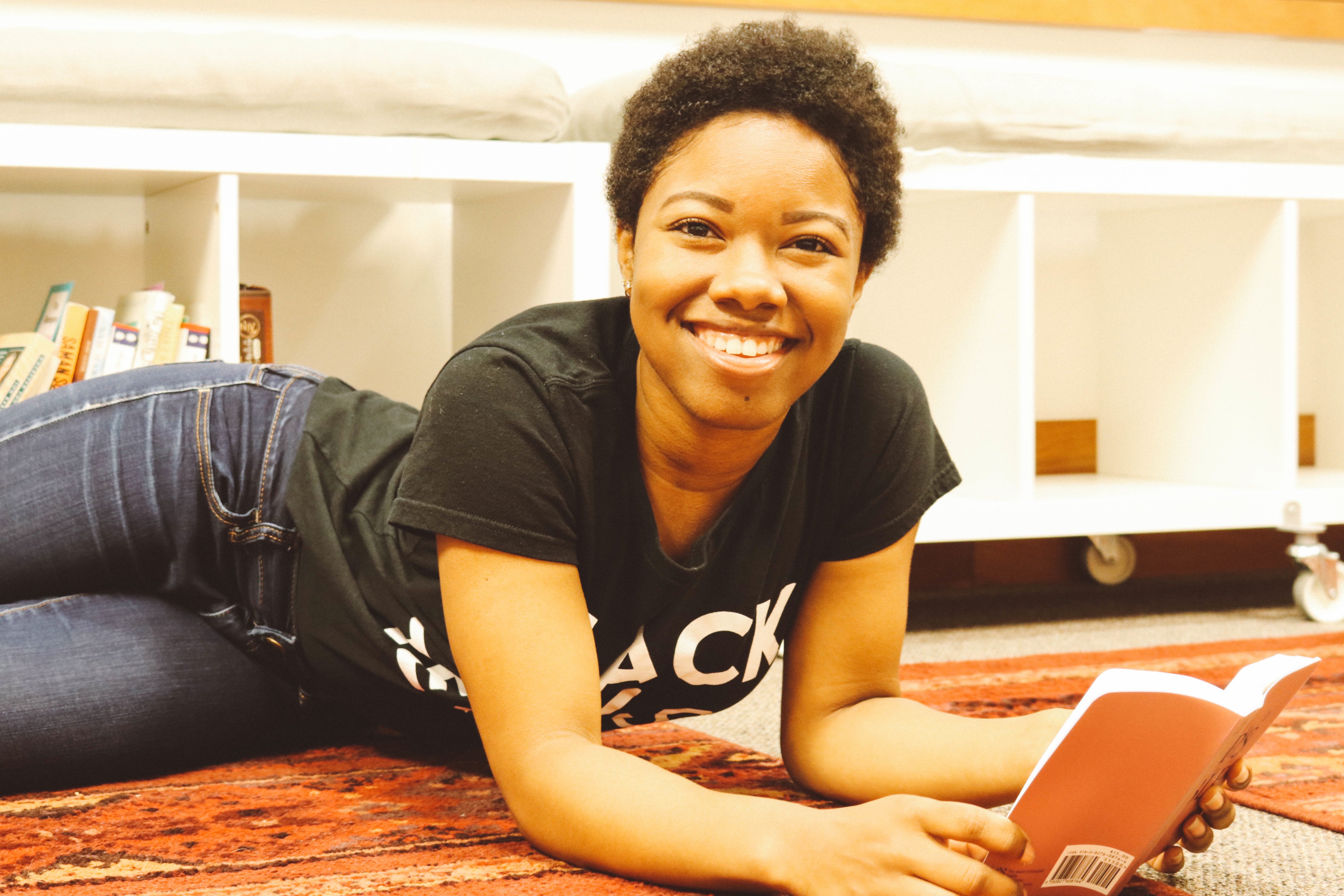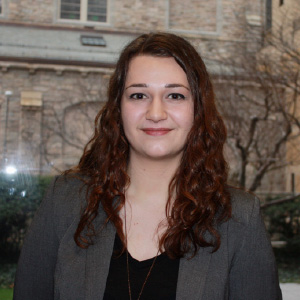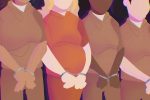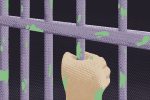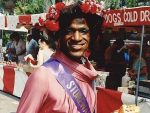Heading into her senior year at Duke University, Rhajaa Wright has plenty of experience under her belt. She has interned with the American Civil Liberties Union (ACLU), the Lawyers’ Committee for Civil Rights (LCCR) and the Partnership for Appalachian Girls’ Education (PAGE), and has found her home in Washington D.C. and her calling in mentoring and befriending disadvantaged children.
Wright has worked on projects from prison reform to anti-bullying initiatives, and has done things as radically different as answering prison correspondence through the ACLU and teaching middle school girls the whip and nae nae with PAGE.
Now, having experienced so many different sides of the non-profit industry, Wright has settled upon teaching as her future career. Her passions, she says, are youth, music and dancing, and her goal is to combine those into one perfect job. Wright hasn’t stopped wanting to volunteer, however; the first job she wants to have after graduating is working with AmeriCorps in Washington D.C. public schools.
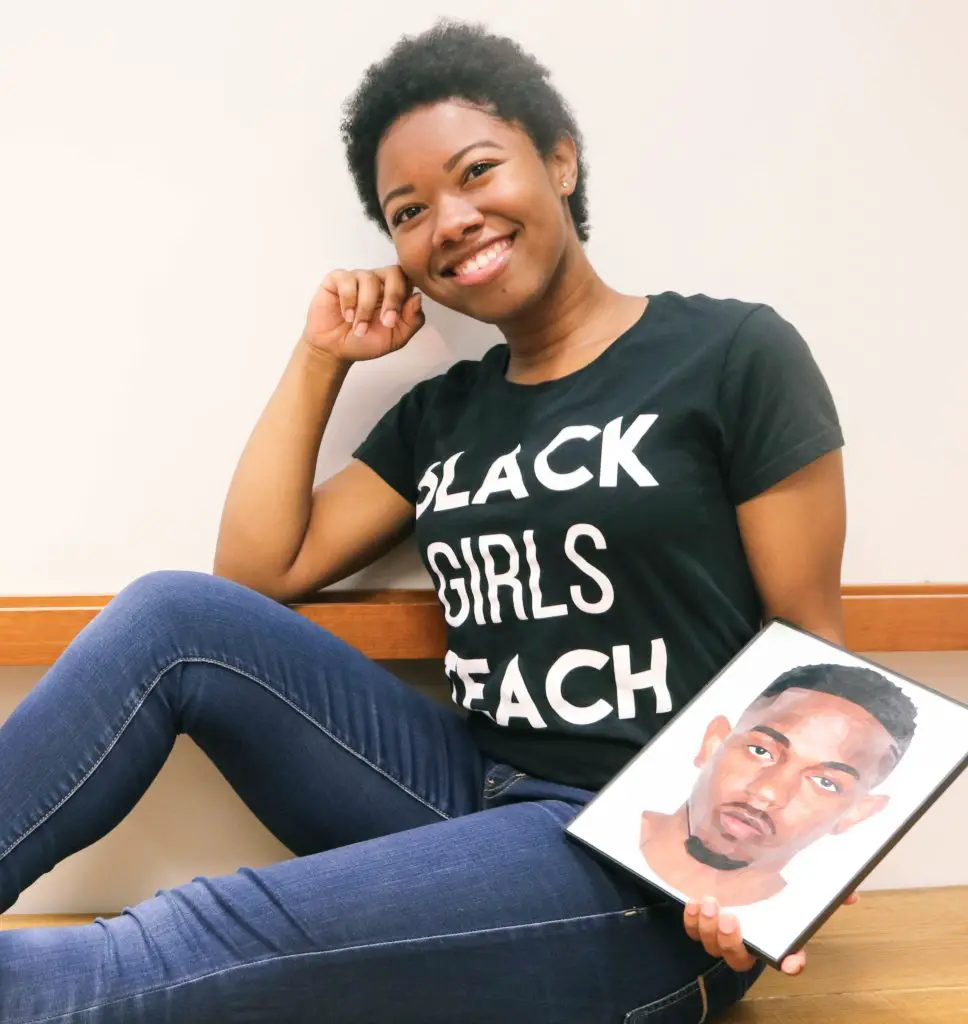
“A lot of my time [at the ACLU] was spent answering prisoner correspondence. To be frank, it was draining. Oftentimes the resources that the prisoners were requesting were out of our jurisdiction. I did feel like I was making a difference as I was responding to prisoners who usually just wanted a pang of hope that someone was out there listening to them. It was heartwarming to read their letters of gratification and saddening to read their letters of fright.”
“Working on prison reform was really draining work, and I realized that it was not something that I could see myself making a career out of. However, when we had the chance to visit the Arlington County Jail, and see what an ‘ideal prison’ looks like, it made me see that all of the work is not in vain. There are existing prison systems that are functioning as rehabilitative facilities as opposed to cruel, punishing facilities, and seeing these beacons of hope was definitely encouraging.”
“Prison reform in American is such an important issue today because it is a system that was designed with very vindictive intentions. There is a skewed proportion of black and brown people in the prison system that does not reflect the general population.”
“Our prison system should aim to rehabilitate the people that enter it. Many of these people don’t have access to jobs, mental health resources, education, etc. We put them in prison, thinking that this will solve the problem. However, when they are locked into prison and are not rehabilitated in a way that can help them prosper in society, they will just end up in the system again, and the cycle repeats.”
“Until we find ways to completely eliminate bullying, we must inform victims of bullying that they are not alone. We do not want anyone to end their lives because they are being bullied. I believe we must humanize the people that do the bullying, so that victims can put in into perspective why someone might choose to bully—but that does not mean we should normalize bullying. Instead, we must remind victims of bullying that it is not their fault that they are being bullied and that oftentimes bullies are going through issues of their own.”
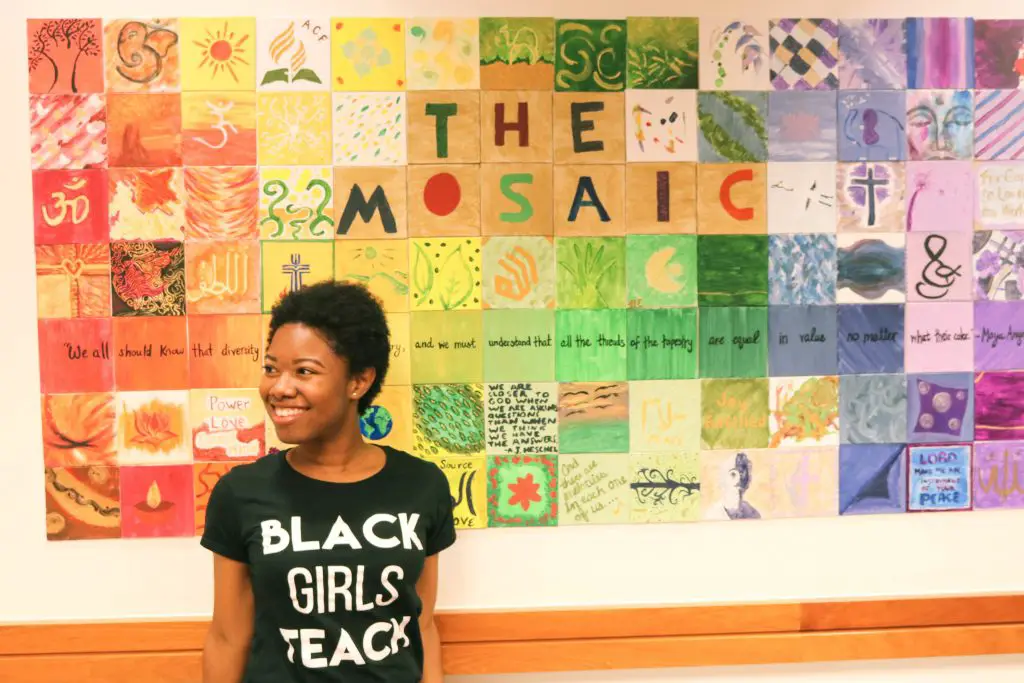
“My first-year summer of college, I spent time in the Appalachian Mountains as a PAGE [Partnership for Appalachian Girls’ Education] intern for middle school girls…Honestly, my self-esteem had never been as high as during that time. The girls were the sweetest, and in their eyes we could do no harm. In turn, they reminded me of the beauty of having people to look up to, rely on and simply be silly with. They reminded me that connections with people are even more important than connecting through technology.”
“I am a first-generation college student, and, among many things, my grandma instilled the importance of education in me. She was a mentor, a revolutionary, a best friend. Her dying wish was for me to go to college. As I close out my senior year at Duke, the only job that I can see myself pursuing is one where I can also serve as a mentor, a friend and a revolutionary. My grandma, Yvonne Harris, was my first teacher, and I want to be the Yvonne Harris for all of the children who don’t have someone like that in their life.”
“After graduating, I hope to serve a year in the AmeriCorps, specifically under the Empowering Males of Color Initiative (EMOC) in DC public schools. I have a young nephew who is just now entering kindergarten, and as I examine our society I am troubled by the ways that young males—specifically males of color—are socialized. They have a lot of negative stereotypes pressed upon them, as well as expectations that they believe they have to live up to as a ‘man.’”
“Wherever I end up teaching, my students will have to accept that rapping to learn the material is just going to be part of the routine, as I want to be certain to brings parts of me and my culture into the classroom where I teach.”


